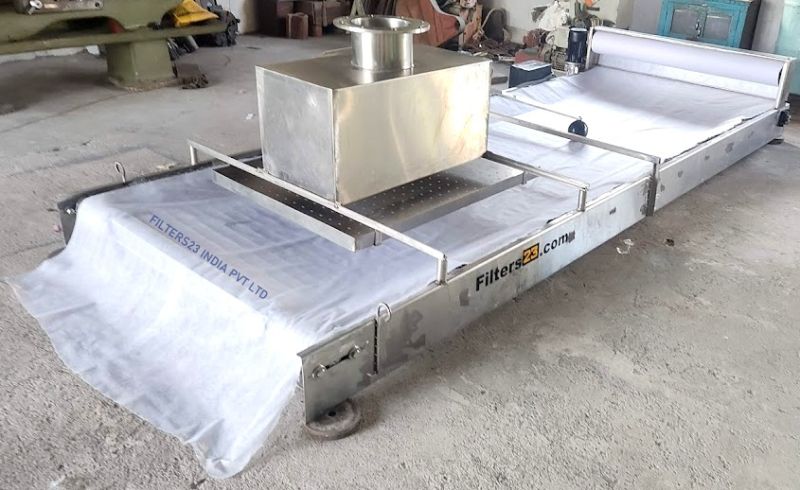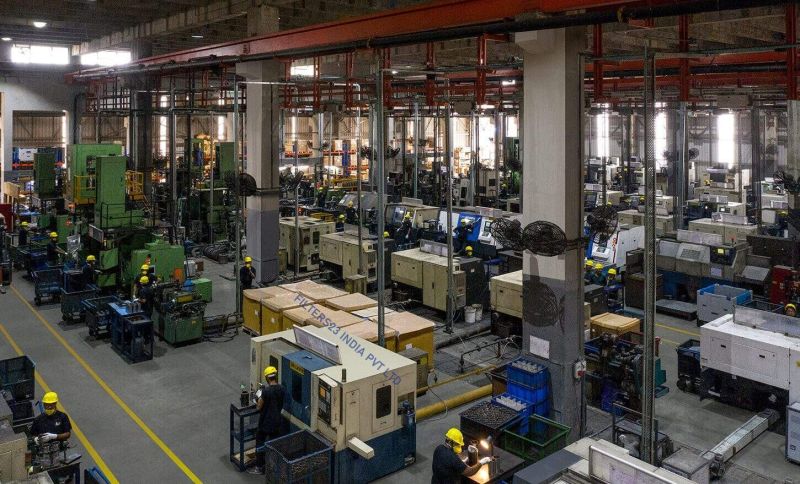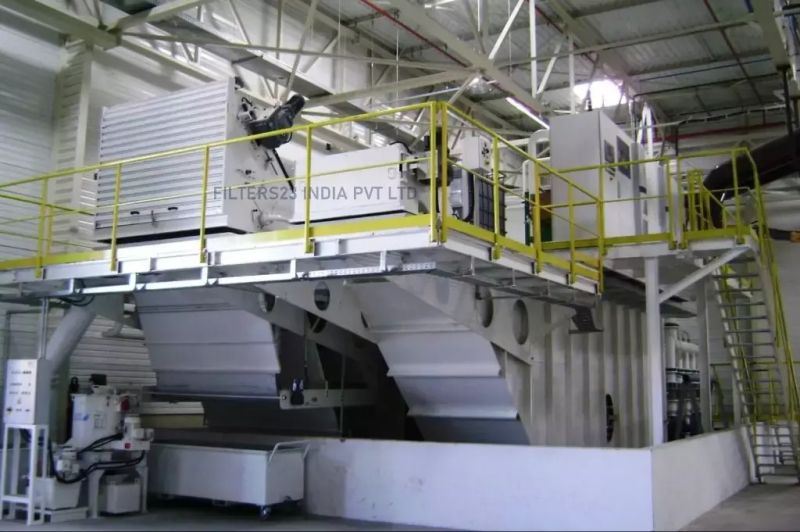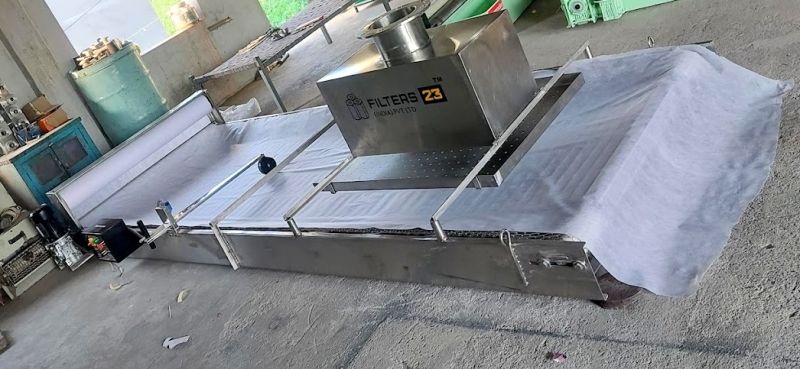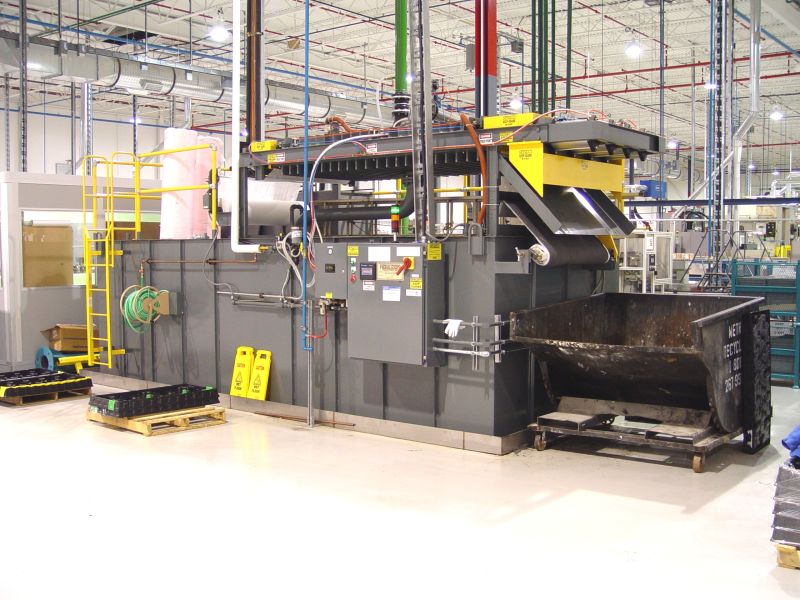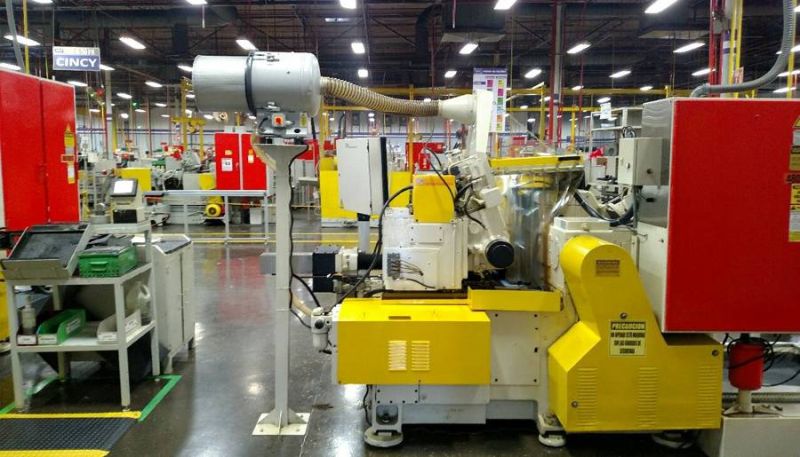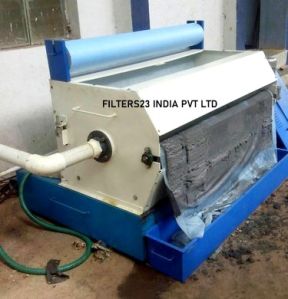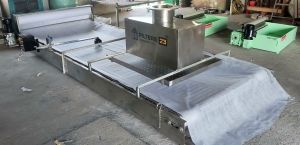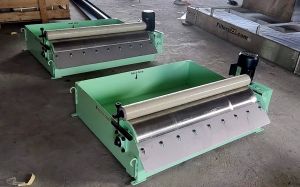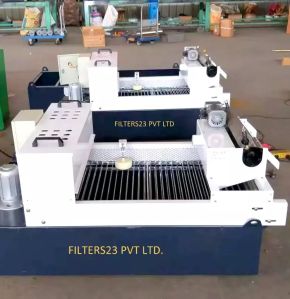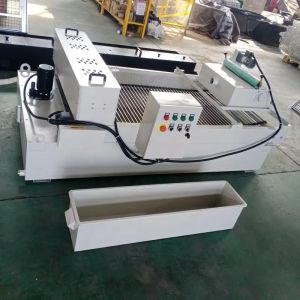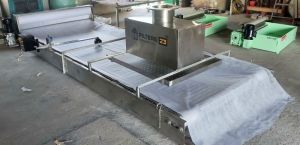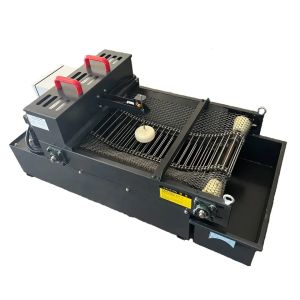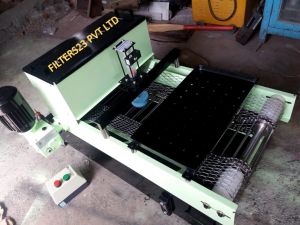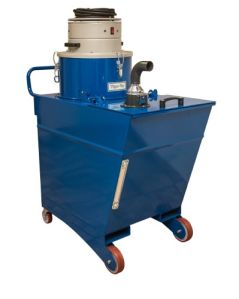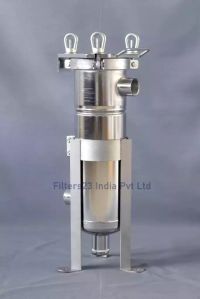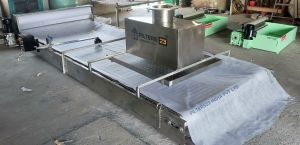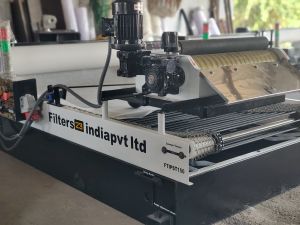| Business Type | Manufacturer, Supplier |
| Material | Aluminum, Cast Iron And Forged Steel |
| Condition | New |
| Automatic Grade | Automatic |
| Click to view more | |
Product Details
Centralized Filtration Systems
Filters23 India Centralized filtration systems are used to remove impurities and contaminants from a fluid, typically water, in a centralized manner. These systems are commonly employed in various applications, including municipal water treatment plants, industrial processes, and large-scale commercial buildings. The primary purpose of centralized filtration systems is to ensure that the water or fluid meets specific quality and safety standards before distribution or use.
Here are some key components and aspects of centralized filtration systems:
Filter Media: Centralized filtration systems use various filter media to remove particles, sediment, and contaminants from the fluid. Common filter media include sand, activated carbon, diatomaceous earth, and membranes (microfiltration, ultrafiltration, and reverse osmosis membranes).
Pump System: A pump or pumping system is typically used to circulate the fluid through the filtration system. This ensures a continuous flow of water through the filters.
Filter Housing: Filter housing encases the filter media and provides a structure for the filtration process. The design of the housing can vary depending on the type of filter media and system specifications.
Pre-Treatment: In many cases, pre-treatment processes such as coagulation, flocculation, and sedimentation are employed before filtration to aid in the removal of larger particles and contaminants.
Backwashing or Cleaning Mechanism: Filters often require periodic cleaning or backwashing to remove accumulated debris and maintain their effectiveness. Automated backwashing systems are common in centralized filtration setups.
Monitoring and Control: Centralized filtration systems are equipped with monitoring and control systems that track parameters such as flow rate, pressure, and filter condition. These systems may also include alarms to alert operators of any issues.
Disinfection: In some applications, such as municipal water treatment, disinfection processes like chlorination or UV treatment may follow filtration to kill harmful microorganisms.
Distribution: After filtration and any necessary treatment, the clean water is distributed to consumers or used in industrial processes.
Centralized filtration systems offer several advantages:
Consistency: They provide a consistent level of water quality, meeting regulatory and safety standards.
Efficiency: These systems are designed for high flow rates and can handle large volumes of water or fluid.
Maintenance: Automated cleaning and monitoring reduce the need for frequent maintenance.
Cost-Effective: In many cases, centralized filtration can be more cost-effective than individual point-of-use systems.
Looking for "Centralized Filtration System" ?
Explore More Products


